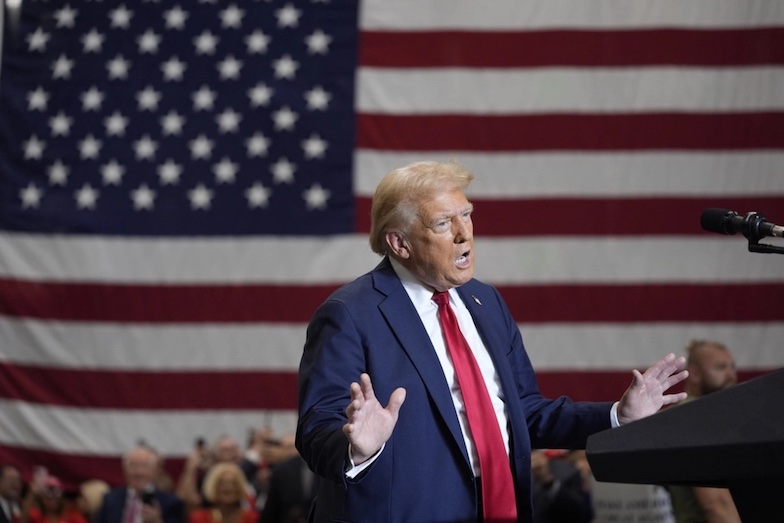In a significant shift from its previous stance, the United States has joined Russia in voting against a United Nations General Assembly resolution condemning Moscow’s invasion of Ukraine.
This marks a shift in the US’s diplomacy, where it had consistently aligned with European allies in condemning Russian aggression. The resolution, which was backed by Ukraine and European nations, demanded the immediate withdrawal of Russian troops from Ukrainian territory.
However, the US, under President Donald Trump’s administration, chose to oppose this resolution, aligning with Russia for the first time since the conflict began three years ago.
The Vote
The UN General Assembly vote resulted in 93 countries voting in favour of the resolution, which included major European countries like Germany, UK, France and the G7 (minus the US); and 18 against, including Russia, US, Israel and Hungary. 65 countries abstained from voting.
The resolution, titled “Advancing a comprehensive, just and lasting peace in Ukraine,” was a clear call for de-escalation, cessation of hostilities, and a peaceful resolution in line with the UN Charter and international law.
The US’s decision to vote against the resolution was influenced by several factors. President Trump’s administration had proposed a competing resolution that did not mention Russian aggression explicitly, focusing instead on mourning the loss of life and urging for peace. This draft was amended by European nations to include references to Russia’s full-scale invasion, which led to the US abstaining from its own resolution in the final vote. This amendment process highlighted the tensions between the US and its European allies, particularly over how to address the conflict.
The UN vote has highlighted the growing divide between the US, Ukraine, and European leaders, a rift that President Trump has been instrumental in widening. Trump’s decision to negotiate directly with Moscow, excluding Ukraine and European allies, aligns with his long-standing criticism of NATO and scepticism towards traditional alliances.
India and China, along with 63 other UN member states, abstained from voting on the resolution. This group included other BRICS nations such as Brazil and South Africa, as well as several Middle Eastern countries like Saudi Arabia, UAE, Iran, and Iraq. The abstentions from India and China reflect their ongoing diplomatic balancing act. India, in particular, has maintained its neutrality despite the US shift in position, showcasing its commitment to avoiding taking sides in the conflict.
Reactions
The UN Secretary-General, Antonio Guterres, has stressed the gravity of the situation, noting that the war in Ukraine threatens not only European peace and security but also the foundational principles of the United Nations. The General Assembly’s decision to uphold Ukraine’s territorial integrity through this resolution, despite the opposition from major powers like the US and Russia, underscores the international community’s commitment to these principles, albeit with varying degrees of support.
Ukrainian Deputy Foreign Minister Mariana Betsa emphasised the importance of the resolution, stating, “This is a moment of truth — a historic moment.” She argued that the way states respond to Russian aggression today will define not only the future of Ukraine or Europe but “our common future”.
US Ambassador to the UN, Dorothy Shea, echoed President Trump’s sentiments, defending the American draft resolution by stating that previous UNGA resolutions demanding Russia’s withdrawal had failed to stop the war. She emphasised the need for a resolution “marking the commitment from all UN Member States to bring a durable end to the war”.
Looking forward, the implications of this vote could be far-reaching. The US’s alignment with Russia might signal a shift in its foreign policy, potentially affecting its relations with European allies. For Ukraine, the resolution’s passage, even with reduced support, reaffirms its right to defend its sovereignty, but the path to peace remains fraught with challenges. The abstentions by countries like India and China suggest a cautious approach, possibly waiting for clearer signs of how the conflict might evolve or resolve.


